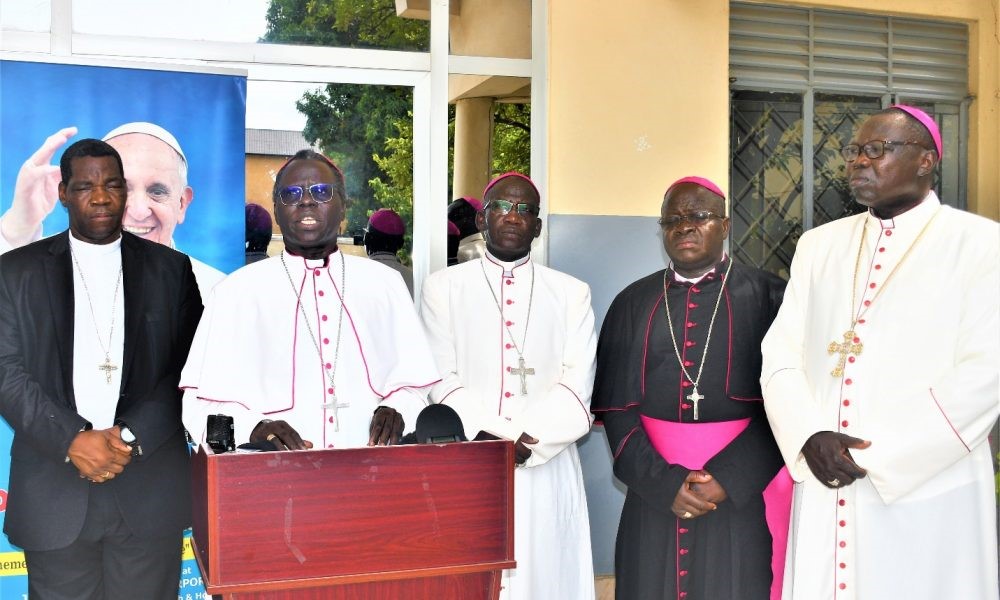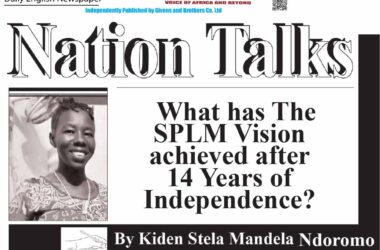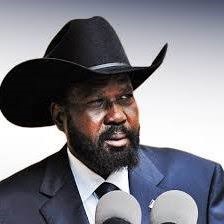By William Madouk
Senior South Sudan Catholic clerics are disappointed with government of national unity over lack of agreed roadmap for conduct of elections.
Cardinal Stephen Ameyu, the Archbishop of the Catholic Archdiocese of Juba, on behalf of Catholic men of God, said they were expecting a conduct of free and fair elections in the country.
“Like all South Sudanese we look forward with hope to the day when free and fair election can be held in our country, but we are disappointed by the government’s lack of preparation,” he said.
The clerics cited that election is not a single event but a process that its activities spread over time.
To Cardinal, for instance; it requires establishment of an independent electoral commission, demarcation of constituencies, registration of voters, political parties and candidates.
It includes; training of electoral officers, civic education, the logistics of voting in our vast land which has poor infrastructure and communication, security and a peaceful environment conducive to voting.
“Virtually, none of this has taken place. It is also difficult to see how all parts of the country will be able to vote freely given the insecurity,” Cardinal Ameyu noted.
‘South Sudan is not truly at peace. While there is no serious fighting between major armed groups, subnational violence is taking place in many parts of the country,” he continued.
Cardinal Ameyu emphasised that it is always portrayed as ‘ethnic’ or communal violence but in actual sense its inseparably linked to national political dynamics.
Cleric rued over lack of cooperation and trust between parties, adding that all are working for their own interests rather then the good of nation and common citizens
He quizzed how parties could turn to final stage of 2018 peace deal via polls when permanent constitution, security sector reform, transitional justice, reconciliation just to mention but a few were not met.
“Thus, it is difficult to see how the final element can legitimately be implemented without implementing all the others. Some parties want elections to take place while others are reluctant,” Ameyu added.
Cardinal Ameyu, was speaking of behalf of Catholic Archbishops at the closure of Sudan and South Sudan Bishops’ Conference (SSSCBS) held from 27 to 29 June in the capital Juba.
In a related scene, the Catholic Bishops expect South Sudanese parties to utilize Tumaini Initiative to achieve inclusive peace in the country.
Cardinal Stephen Ameyu, the Archbishop of the Catholic Archdiocese of Juba in the joint press statement, urged parties to priorities peace rather than violence.
“We urge the government and other parties to take these negotiations seriously. Whatever happens they should remain in dialogue and refrain from words and actions which might contribute to violence,” he said.
“We also urge our people to remain calm and patient during this period and the international community to support this process,” they added.
Clergies further appealed to holdout groups to “put aside their differences” and hurry up and join Tumaini Initiative for “the good of the South Sudanese citizens.”
“We therefore support the aims of the Tumaini Initiative. Any solution must be based not only on sharing power between elites but on constitutionality, good governance and the rule of law,”
Cardinal Ameyu added that although 2018 peace deal has stopped large scale clashes it still has not addressed the root causes of the conflict in South Sudan, which include; nepotism, corruption, land disputes and poor governance.
“We believe that the nation needs to look beyond the R-ARCSS and elections, to move beyond power struggles between different parties and faction, and to begin a true national dialogue on “the South Sudan we want,””
“A dialogue which is independent of political and military elites and which listen to all voices, particularly faith, communities, civil society, traditional chiefs and elders, women and youth,”
Catholic bishops hinted that there is no place for military in either Sudan or South Sudan “and thus we warn against quasi-military power-sharing arrangement as anything but temporary short-term measure leading to a true civilian government.”




